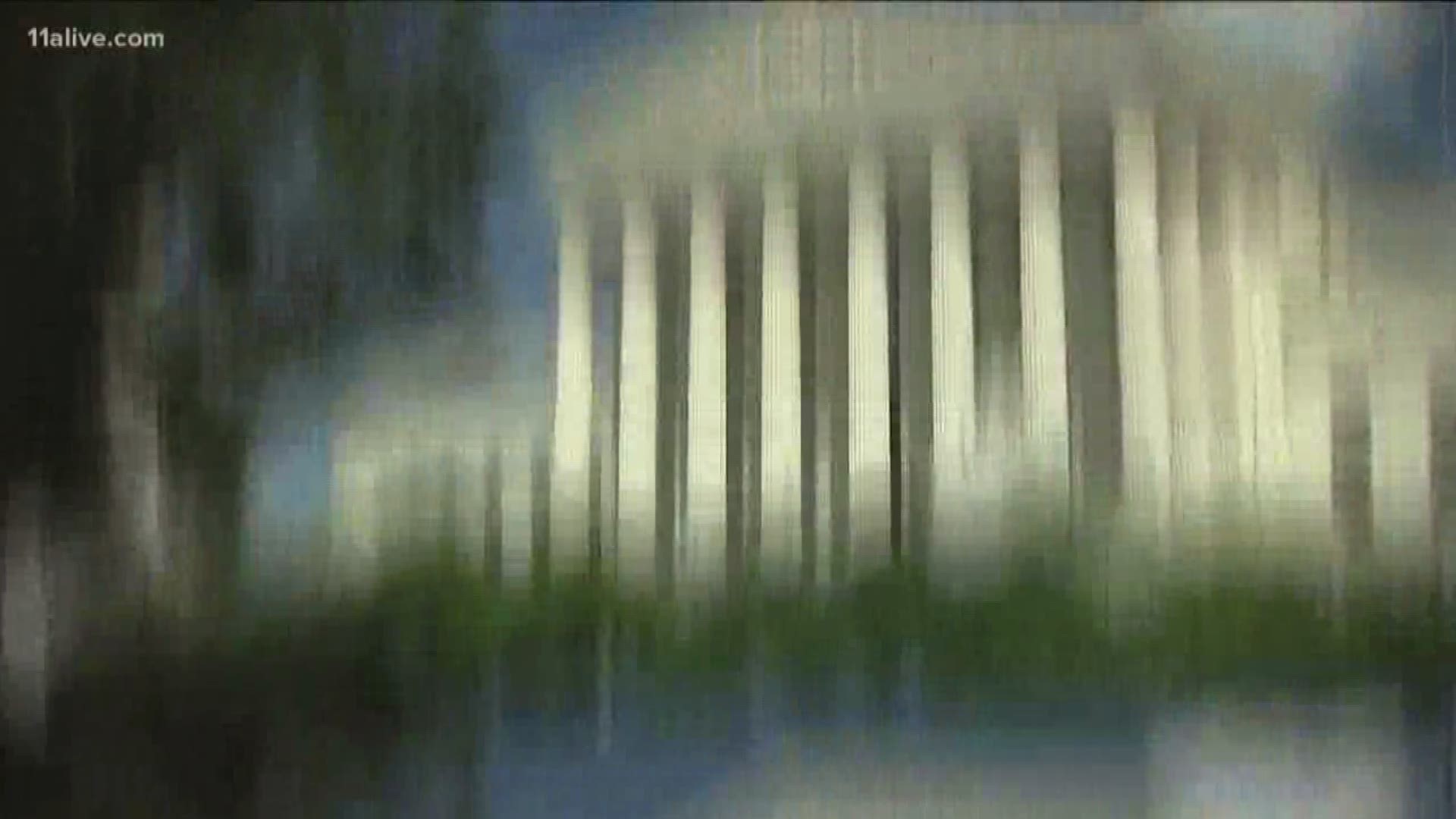WASHINGTON — A Georgia case will be front and center in a series of upcoming Supreme Court cases.
It involves a man out of Clayton County who says he was fired for being gay, and now his case and others could shape what happens with future allegations of discrimination.
The Supreme Court is set to decide if the main federal civil rights law prohibiting employment discrimination based on race, religion, sex, or national origin also applies to LGBTQ rights as well.
Justices will consider three cases, including one from Georgia, where a federal appeals court ruled against Gerald Bostock, who claimed he was fired from his job with Clayton County after his employer found out he was playing in a gay softball league.
Clayton County argues he was terminated because he mismanaged funds.
A U.S. appeals court dismissed his claim saying it was bound by a 1979 decision that held "discharge for homosexuality is not prohibited by Title VII."
The other cases involves a New York skydiving instructor who says he was fired for being gay, and a Michigan funeral home employee who says she was fired after she started transitioning from a male to female, and dressing as a woman.
This isn't the first time Georgia has been in the spotlight concerning gay rights.
Former state attorney general Mike Bowers defended Georgia's sodomy laws before the Supreme Court in the 1980s and won. The court later reversed course in 2003.
Bowers also rescinded a job offer from a candidate after finding out she was a lesbian. He was sued over it in the 1990s and again, he won in the federal courts.
At issue with the current cases, is Title VII of the Civil Rights Act of 1964, which prohibits sex discrimination. At the crux is whether that same clause also protects LGBTQ people from job discrimination.
It doesn't specifically mention sexual orientation or transgender status, but courts in Chicago and New York recently ruled gay and lesbian employees are still entitled to protection from discrimination.
The question now becomes if the newly-cemented conservative majority of the high court will agree.
Arguments are expected to come this fall and the Supreme Court's decision is expected by June 2020, which will fall right in the middle of the presidential campaign.
MORE HEADLINES

